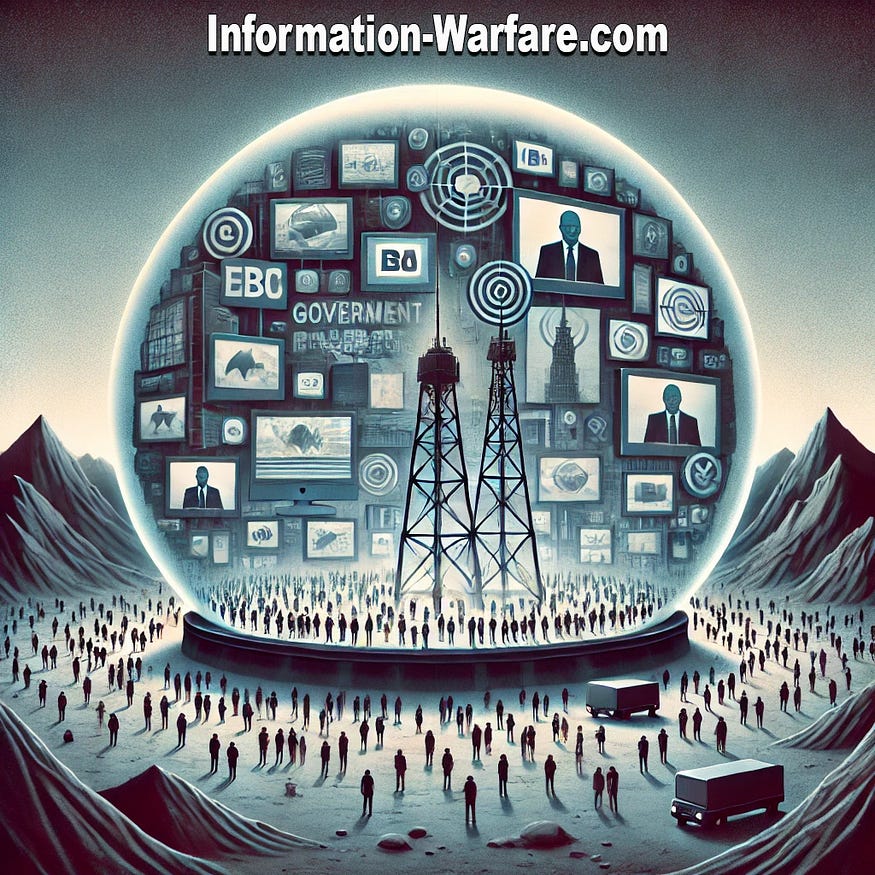North Korea’s Media Bubble
What happens when a nation’s media becomes a bubble, distorting reality and controlling the narrative?
North Korea offers a sobering example, but could similar dynamics be creeping into democratic societies?
In a world where access to information is a fundamental human right, North Korea stands as a stark reminder of the dangers of a tightly controlled media environment. The country is a prime example of a media bubble and echo chamber, where the government controls every narrative, and citizens are isolated from the outside world. This insular media system perpetuates a single, state-approved narrative, creating a society where dissenting opinions are not just discouraged but impossible. As we examine this reality, it’s crucial to reflect on the parallels within our own democratic societies, particularly in the context of misinformation and partisan echo chambers.
The North Korean Media Machine
North Korea’s media is entirely state-controlled, with no room for independent journalism or alternative viewpoints. The government, led by the ruling Kim dynasty, uses the media as a tool for propaganda, ensuring that only one narrative — the state’s narrative — is ever broadcasted. This narrative glorifies the leadership, demonizes perceived enemies, and portrays the country as a utopian society under constant threat from external forces.
Citizens have no access to foreign media, and even the internet is heavily restricted. This isolation from global information sources ensures that North Koreans have no reference point to compare their reality with the outside world. The result is a population that, for the most part, believes the propaganda they are fed, unable to critically assess or challenge the information presented to them.

Echo Chambers and Media Bubbles: The Danger Within Democracies
While North Korea’s situation is extreme, the concept of media bubbles and echo chambers is not exclusive to authoritarian regimes. In democratic nations, particularly in the era of digital media, we see similar dynamics at play — albeit in a different form. In recent years, the rise of hyper-partisan news outlets and social media algorithms that prioritize engagement over accuracy have created environments where individuals are exposed primarily to information that reinforces their pre-existing beliefs.
This phenomenon is vividly visible in political movements such as MAGA (Make America Great Again), where supporters often rely on a narrow range of media sources that align with their views. This selective exposure creates a feedback loop, where misinformation and biased reporting are amplified within the group, reinforcing their beliefs and creating an “us vs. them” mentality. Over time, this can lead to a reality where people are not just misinformed but are unable or unwilling to consider alternative perspectives.
The Correlation: A Dire Warning
The correlation between North Korea’s controlled media environment and the echo chambers emerging in democratic societies serves as a dire warning. While the mechanisms are different, the outcome can be alarmingly similar: a population that is misinformed, divided, and vulnerable to manipulation. When people are trapped in media bubbles — whether by government control or by their own media consumption choices — they lose the ability to critically evaluate information and make informed decisions.
In democratic societies, the consequences of such echo chambers are already evident. They contribute to polarization, erode trust in institutions, and undermine the very foundation of democracy: an informed and engaged citizenry. If left unchecked, this trend could lead to a society where critical thinking is diminished, and individuals are more easily swayed by demagogues and propaganda, similar to what we see in North Korea.
Conclusion: A Call to Vigilance
The North Korean example should serve as a cautionary tale for democratic nations. While we pride ourselves on freedom of speech and press, the rise of echo chambers and misinformation poses a significant threat to these freedoms. It is essential for citizens to actively seek diverse perspectives, critically evaluate the information they consume, and hold media outlets accountable for accuracy and fairness.
As we move forward, fostering media literacy and encouraging open dialogue are critical steps to prevent the erosion of democratic principles. By doing so, we can ensure that our societies remain vibrant, informed, and capable of resisting the dangers of media bubbles and echo chambers that threaten to undermine our democratic way of life.


